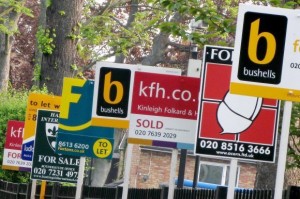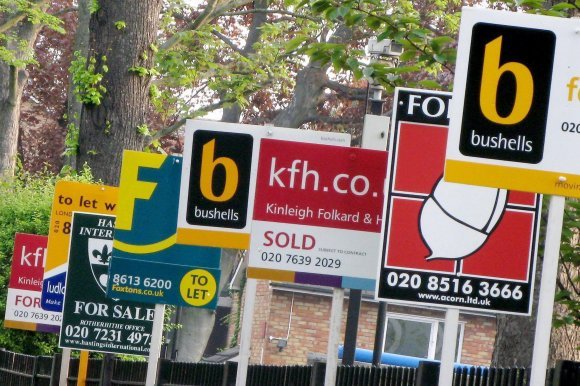 The amount of Britons taking out mortgages increased by nearly a quarter in the last month, leading to many in the real estate industry to claim Britain’s housing market downturn is coming to an end. New data from the Council for Mortgage Lenders indicates that mortgage lending is at the highest rate since 2008.
The amount of Britons taking out mortgages increased by nearly a quarter in the last month, leading to many in the real estate industry to claim Britain’s housing market downturn is coming to an end. New data from the Council for Mortgage Lenders indicates that mortgage lending is at the highest rate since 2008.
The report indicates that mortgage lending has increased substantially in the last twelve months, with the total gross monthly mortgage lending figure standing at £12.6 billion in May 2012 and £14.7 billion in May of this year. The increase has been attributed to increased confidence amongst many real estate customers.
Real estate experts and economists alike have pointed to the increase in demand for residential property loans as a signal of Britain’s economic resurgence. Many others, however, believe that the growth in mortgage lending is indicative of unsustainable lending and borrowing practices that could produce another housing bubble.
Concerned economists claim that the rise in mortgage lending figures can be blamed on a government scheme called Funding for Lending, which encourages home loans by giving banks access to cheap credit. Interest rates are currently at four percent, a figure that many believed was impossibly low in the wake of the financial crisis.
Another government scheme pointed to by critics of the lending industry is known as Help to Buy. The controversial scheme guarantees 20 percent of the price of any property purchased using a home loan from a major lender. Lenders as ‘bailed out’ using taxpayer funds in the event that a borrower defaults on their mortgage.
Other concerns include the potential for the UK’s home prices, particularly in high-demand areas like London, to remain above their natural market value. UK homes are widely considered overvalued relative to foreign property due to easy access to credit and low interest rates, property surveys have indicated.





